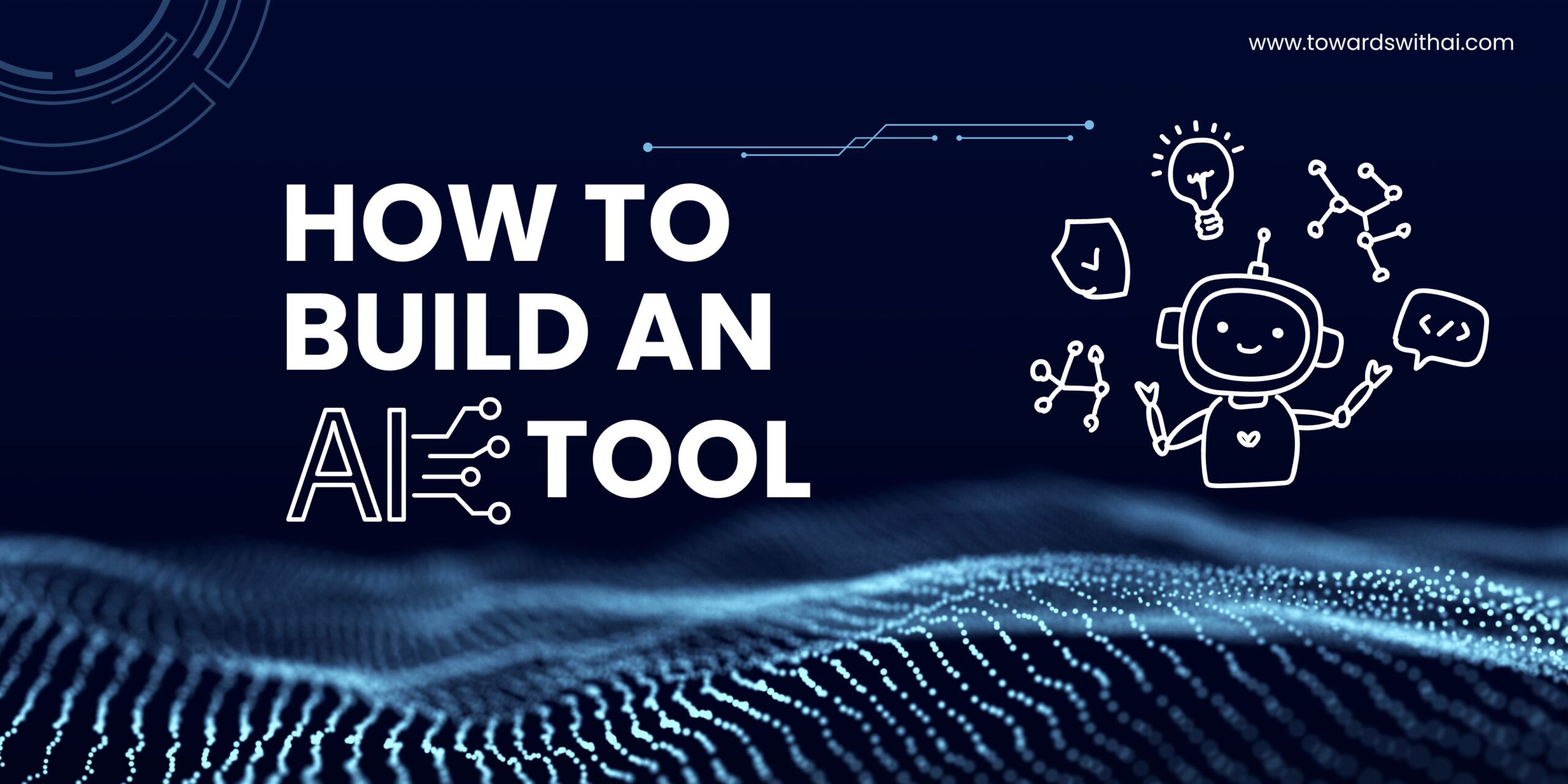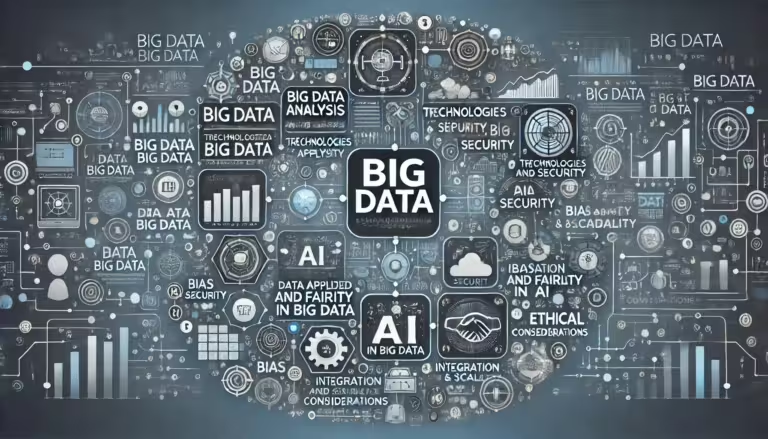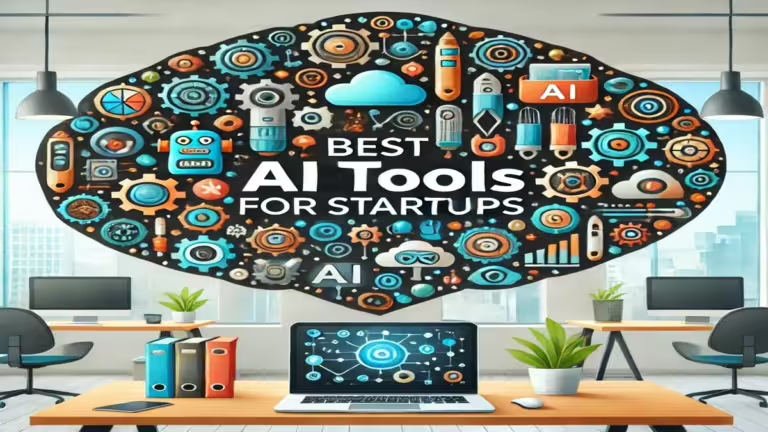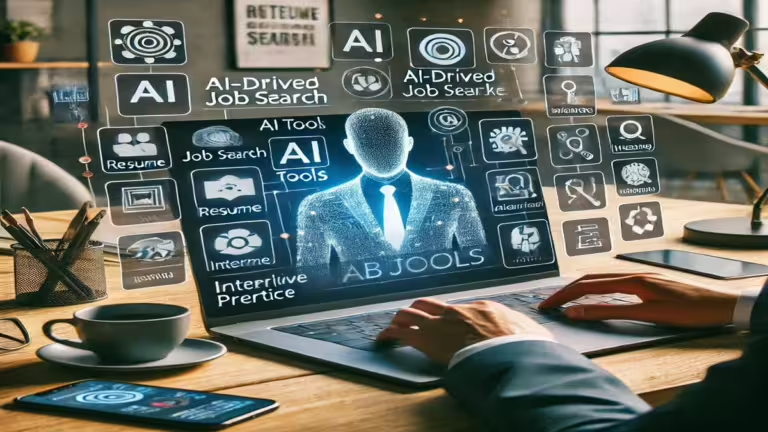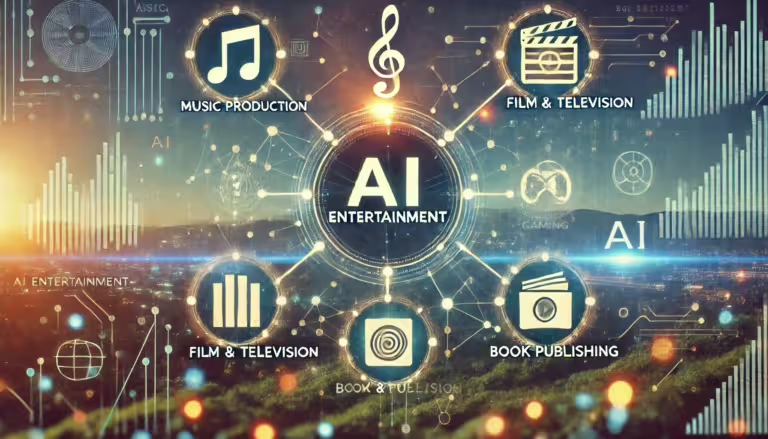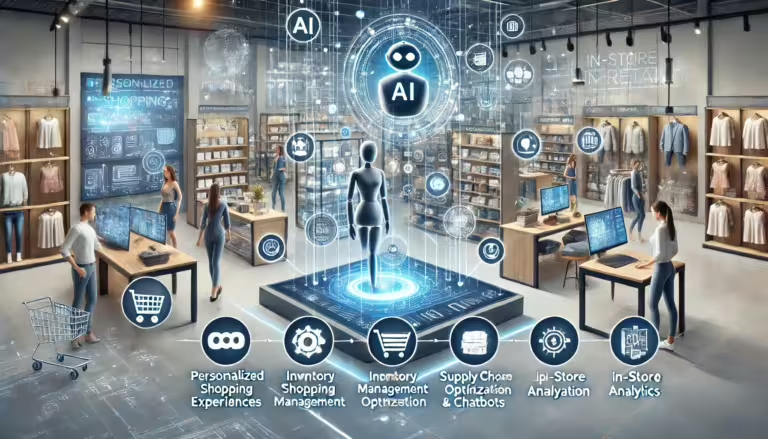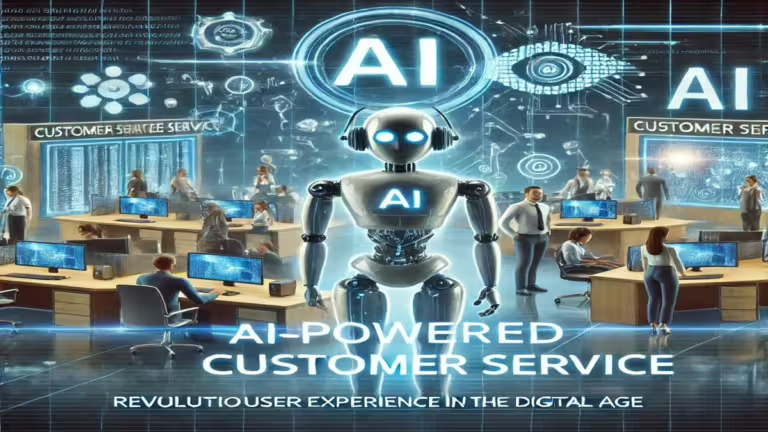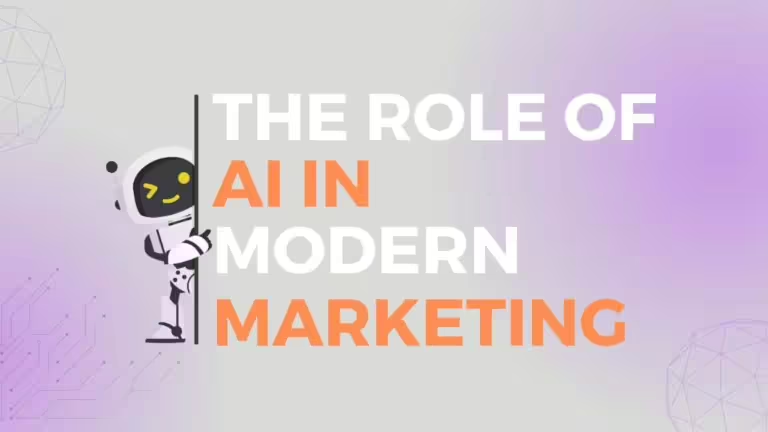Artificial Intelligence (AI) has become an integral part of various industries, offering innovative solutions to complex problems. If you’re wondering how to build an AI tool, this guide will walk you through the essential steps, from understanding the basics to creating your own AI tool. Whether you’re an entrepreneur, developer, or enthusiast, this detailed blog post will provide valuable insights into the process, formats, benefits, challenges, and career opportunities associated with AI tool development.
Understanding AI Tools
What is an AI Tool?
AI tools are software applications that leverage artificial intelligence to perform tasks that typically require human intelligence. These tasks include learning, reasoning, problem-solving, perception, and language understanding. AI tools can range from simple machine learning models to complex systems like autonomous vehicles and personal assistants.
Types of AI Tools
1. Machine Learning (ML) Models
2. Natural Language Processing (NLP) Tools
3. Computer Vision Systems
4. Robotic Process Automation (RPA)
5. Expert Systems
Steps to Build an AI Tool
1. Define the Problem
The first step in building an AI tool is to clearly define the problem you want to solve. Understanding the problem helps in determining the type of AI tool required and the data needed.
2. Gather and Prepare Data
Data is the backbone of any AI tool. Collect relevant data and ensure it is clean, structured, and labeled correctly. Data preprocessing involves handling missing values, normalizing data, and splitting it into training and testing sets.
3. Choose the Right Algorithm
Selecting the appropriate algorithm depends on the nature of the problem. Common algorithms include linear regression, decision trees, neural networks, and support vector machines. For instance, NLP tasks may use algorithms like transformers or recurrent neural networks (RNNs).
4. Train the Model
Training involves feeding the algorithm with training data so it can learn and make predictions. This step requires substantial computational power and time, especially for deep learning models.
5. Evaluate the Model
After training, evaluate the model’s performance using metrics such as accuracy, precision, recall, and F1 score. This step ensures that the model generalizes well to new, unseen data.
6. Fine-Tune the Model
Based on the evaluation, fine-tune the model by adjusting hyperparameters or changing algorithms. This iterative process aims to improve the model’s performance.
7. Deploy the AI Tool
Once satisfied with the model’s performance, deploy it in a production environment. This step involves integrating the AI tool with existing systems and ensuring it operates seamlessly.
8. Monitor and Maintain
Monitoring the AI tool in real-time is crucial to ensure it continues to perform as expected. Regular updates and maintenance are necessary to adapt to new data and changing conditions.
Formats of AI Tools
Standalone Applications
These are independent software applications, such as chatbots and virtual assistants.
Embedded Systems
AI functionalities are integrated into existing systems, like CRM software with predictive analytics.
Cloud-Based Services
AI tools offered as cloud services, such as Google Cloud AI and AWS AI Services, provide scalability and flexibility.
Pros and Cons of AI Tools
Pros
- Efficiency: AI tools can automate repetitive tasks, increasing efficiency and productivity.
- Accuracy: They can process large amounts of data with high accuracy, reducing human error.
- Scalability: AI tools can scale operations without significant additional costs.
- Innovation: They enable the development of innovative solutions and services.
Cons
- Cost: Developing and maintaining AI tools can be expensive.
- Complexity: Building AI tools requires specialized knowledge and skills.
- Ethical Concerns: Issues such as bias, privacy, and job displacement need to be addressed.
- Dependence on Data: The quality of AI tools heavily depends on the availability and quality of data.
Career Opportunities in AI Tool Development
The field of AI offers numerous career opportunities, including:
- Data Scientist: Focuses on collecting, analyzing, and interpreting complex data.
- Machine Learning Engineer: Specializes in designing and implementing machine learning models.
- AI Research Scientist: Conducts research to advance AI technologies.
- AI Software Developer: Develops AI-driven applications and tools.
- NLP Engineer: Works on developing systems that understand and process human language.
Target Audience for AI Tools
- Businesses: Enterprises looking to automate processes, enhance customer service, or gain insights from data.
- Developers and Engineers: Individuals interested in building and implementing AI solutions.
- Researchers and Academics: Those exploring new AI methodologies and applications.
- Students and Enthusiasts: Learners seeking to understand and experiment with AI technologies.
Conclusion
Building an AI tool is a multifaceted process that requires careful planning, data management, algorithm selection, and continuous monitoring. By following the steps outlined in this guide, you can create an AI tool that addresses specific problems and offers significant benefits. Whether you aim to automate business processes, develop innovative applications, or explore new research avenues, understanding how to build an AI tool is a valuable skill in today’s technology-driven world.
By focusing on the key steps and considerations, you can embark on your journey to create powerful and effective AI tools, opening up new career opportunities and contributing to advancements in the field of artificial intelligence.

